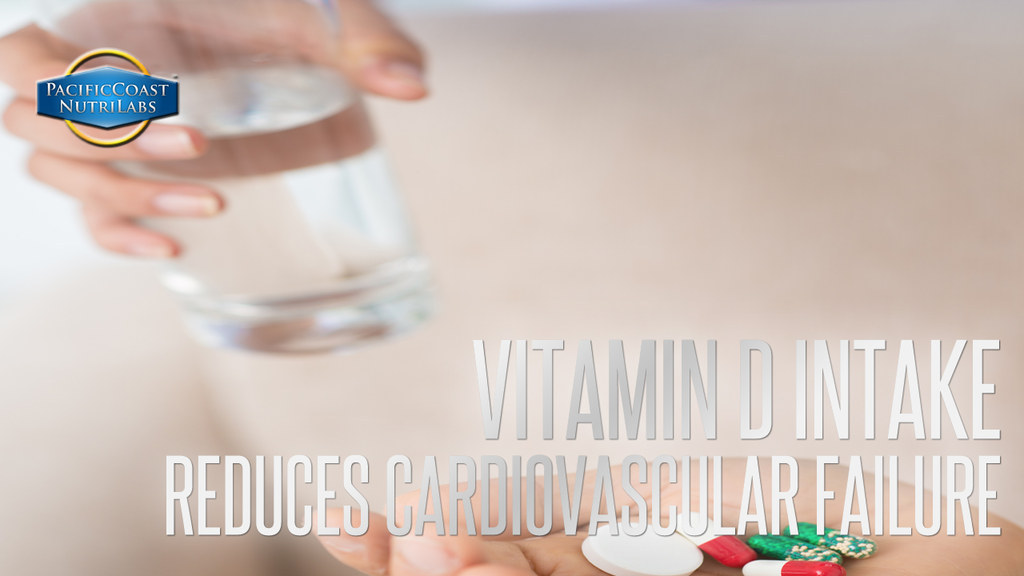A recent research has shown that taking calcium and vitamin D after reaching menopause can decrease the cholesterol levels among women. Much of that effect has been tied to greater levels of vitamin D levels, based on a research study made by the Women's Health Institute or the WHI, which is published in a journal made by The North American Menopause Society or NAMS.
The concern of whether it's calcium alone or vitamin D, or possibly the combination of both, is responsible for improving cholesterol levels has long since been discussed, a recent study made by the NAMS board of trustees had actually hoped to study the effects of Vitamin D, and by doing so, settle these questions once and for all.
The women within the WHI trial were made to take either a supplement containing 1,000 mg of calcium and 400 IU of vitamin D3 or a placebo. This analysis took a look at the relationship between taking supplements and levels of vitamin D and cholesterol in some 600 of the women who had both their cholesterol levels and their vitamin D levels gauged.

It was discovered that the women who took the calcium and vitamin D supplements were twice as likely to have vitamin D levels of a minimum of 30 ng/mL, which are the regular vitamin D levels according to the Institute of Medicine. This was in contrast to the women who took the placebo. Supplement users were likewise discovered to have lower levels of low-density lipoprotein, otherwise known as the "bad" cholesterol, that were in between 4 and 5 points lower than those who took the placebo. In addition to these findings, the investigators uncovered that among the supplement users, those with greater blood levels of vitamin D had greater levels of high-density lipoprotein, which is the "good" cholesterol, and lower levels of triglycerides, although for the triglycerides to be lower, blood levels of vitamin D had to reach a threshold of about 15 ng/mL and lower.
According to the authors, though these findings do not instantly indicate that calcium or vitamin D don't necessarily mean a reliable lowered in the rate of cardio failure, or whether vitamin D insufficiency could be a factor in higher levels of bad cholesterol, the authors believe that the research's results is an excellent reminder that females at greater risk for vitamin D insufficiency need to think about taking calcium and vitamin D.

"The results of this study should motivate even more women to be conscientious about their calcium and vitamin D consumption-- a safe and easy means to improve wellness. One action can lead to several advantages!" states NAMS Executive Director Margery Gass, MD.
In connection to these studies, PacificCoast NutriLabs is offering their PLATINUM Series Vitamin D3 for 40% off for a limited time. Get the discount by using promo code: NEFXPUY7 at checkout on Amazon here: http://www.amazon.com/dp/B00EV8AS86/?tag=buzz0f-20


